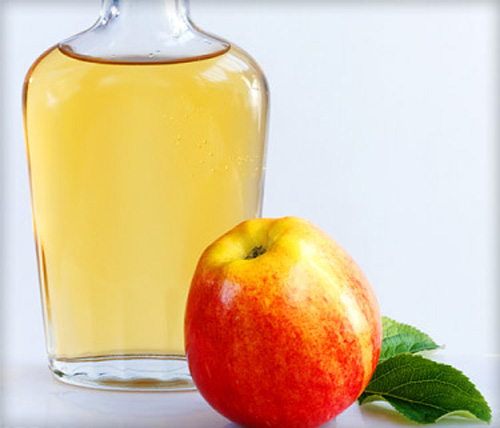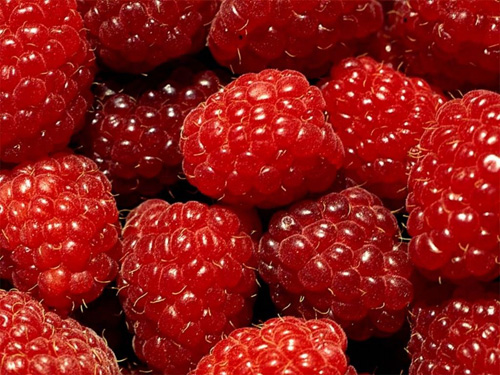Banana health benefits are comparable to any other type of fruit.
In fact, bananas have several positive benefits that many other fruits do not have.
These yellow-skinned fruits are ideal for health because they have a sweet taste that most people enjoy.
Because of this, it is easy to implement bananas into a daily diet.
Bananas are also convenient because you can carry them with you whenever you are in a hurry.
Knowing the banana health benefits and the other positive things that bananas can be used for will likely give you a new appreciation for this popular fruit.
Instead of eating an apple each day for optimum health, the adage should state that a banana each day keeps the doctor away.
The banana health benefits far outweigh those of the apple because it has many more vitamins and nutrients than their round counterparts.
Bananas have two times as many carbohydrates as an apple, five times as much Vitamin A and iron and three times as much phosphorus. In addition, bananas are also rich in potassium and natural sugars.
All of these factors combined make the banana a “super food” that is an integral part of a healthy daily regimen.
Bananas Provide Energy
Because of the abundance of vitamins and minerals, bananas are a great source of natural energy.
Eating only two bananas will give you enough energy to exercise or workout for an hour and a half.
Bananas are also ideal for eating during that midday lull when you feel tired and sluggish.
Instead of drinking caffeine or having a sugary snack, bananas provide a level of energy that lasts longer without the dramatic crash caused by caffeine.
Potassium is Vital for Performance
Because they are rich in potassium, bananas help the body’s circulatory system deliver oxygen to the brain.
This also helps maintain a regular heartbeat and a proper balance of water in the body.
Potassium is also helpful for reducing strokes and regulating blood pressure because of the way it promotes circulatory health.
Bananas Promote Bowel Health
One of the banana health benefits is that they can help stop constipation.
Bananas have a certain type of fiber that helps to restore and maintain regular bowel functions.
Instead of using laxatives that might have chemicals or other synthetic substances, bananas are a natural source for lessening the effects of constipation without causing other bowel problems such as diarrhea.
Bananas have a chemical called tryptophan – the same chemical that turkey contains.
This mood regulating substance contains a level of protein that helps the mind relax so you feel happier.
According to Bananasaver.com, people suffering from depression often report feeling better after eating a banana.
Eat a Banana during Your Monthly Visitor
Instead of taking pills designed to reduce your menstrual pains, bananas can be a great help.
As stated on Bananasaver.com, bananas have a level of vitamin B6 that helps to regulate blood glucose level and help your overall mood.
Increase Your Brain Power with Bananas
In addition to banana health benefits, they can also help you with your mind.
Bananasaver.com discusses a study with 200 students who were asked to eat one banana three times a day – breakfast, recess and lunchtime – along with their normal meals.
Because of their calming properties, pregnant women often eat bananas to combat their morning sickness.
They also help to replenish the body and restore a healthy blood glucose level.
In addition, they also help regulate a pregnant woman’s temperature, although this is mostly used in other cultures that rely more heavily on natural cures.
Rub the Peel on Mosquito Bites
Before you throw those peels away, rubbing the inside of it along a mosquito bite will help reduce the itching and swelling that is normally associated with these types of bites.
You might even find that it works better than the creams or medications you find at the drugstore.
Bananas Help Soothe Ulcers
As a way to prevent and treat ulcers, bananas help to reduce the acidity that some foods can leave in the stomach.




